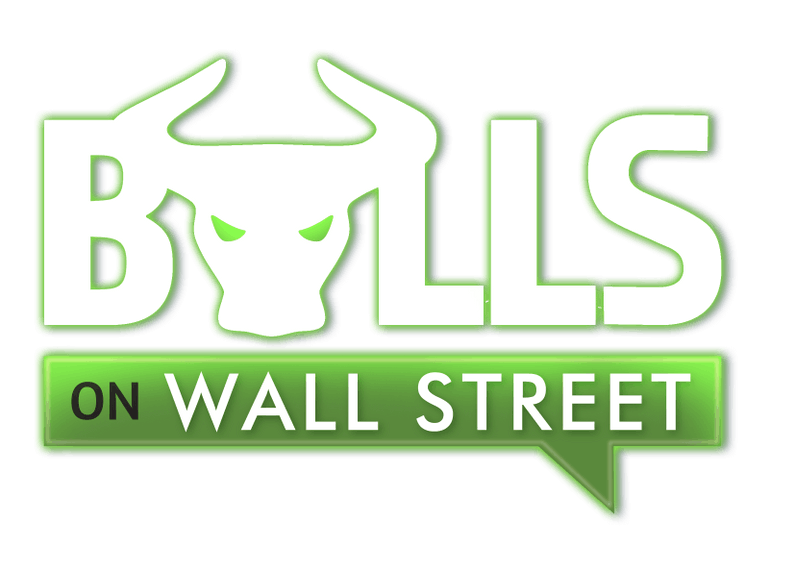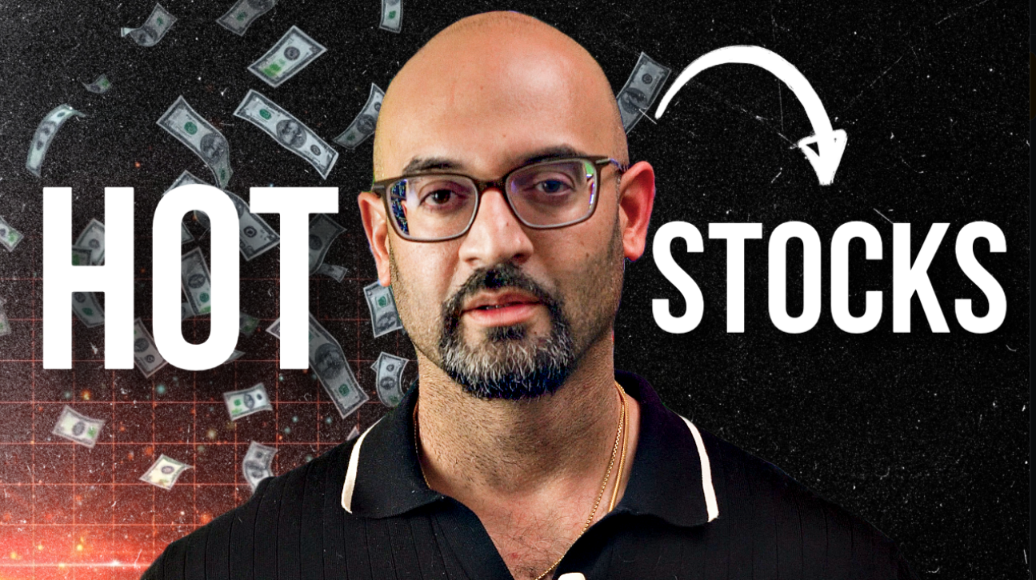Many new traders are curious about the factors they should consider when evaluating a trading service – what actually matters. I also receive a lot of questions about what information I post and why, so I thought I’d answer both questions at once. Here’s what I consider important.
Percentage Gains Matter
One trader makes $1 million in profits a year. Another makes $10,000. Who is the better trader? The only correct answer to that question is “I don’t know.” Without knowing – at the very least – how much capital each trader utilized, it’s impossible to make a comparison. When evaluating pure performance, pay attention to percentage gains, not absolute gains. The trader who made $10,000 with a starting balance of $5,000 is obviously a superior trader to the one who made $1 million with a $100 million account. I most likely trade with a larger account than you do, so don’t pin your hopes and expectations on making as much as I do right out of the gate. Instead of comparing your profits to mine, focus on trading well and making solid percentage gains.
Trade Execution is Vital
I love to highlight good trades in videos and blog posts. But contrary to popular opinion, ‘good’ is not ‘synonymous’ with ‘most profitable.’ I highlight trades that are well executed. Trades in which my stock selection, entries, and exits are exemplary. Every trader makes bad trades that provide big gains – sometimes you just get lucky. But you must recognize those trades as happy accidents, not something to brag about or use as a teachable moment. Listing every trade, or only those I make the most money on, wouldn’t teach my students or subscribers anything. Highlighting trades that teach a particular strategy does.
Reverse Engineering Trades Doesn’t Work
Many traders have expressed to me their belief that ‘if only they could see every trade I make, they could learn how to trade exactly like me.’ Ah, if only that was true. Here’s what looking at a list of trades – mine or anyone’s – cannot show you: where I scaled in or out; what the market environment and related industries were doing at that moment; how to identify the well-executed trades that didn’t pan out; how to identify the bad trades that were profitable; where my stops were on profitable trades; where my targets were on losing trades; what the bid/ask spread was; what time frames I used; how I found the stocks with a scanner or screener; what chart pattern I saw; whether I was holding for a day trade or swing trade initially, etc.
As an educator, it’s my responsibility to explain all of those things to you, and to highlight the relevant information. Reading a list of trades will not make you a trader any more than reading a song book will make you a musician.
We are All Different
I have more trading experience than you do. If that wasn’t true, you likely wouldn’t be reading this. What’s less obvious is that we also have different personalities and goals. If you had the same level of experience and expertise that I do, and you knew the same strategies, there would still be differences in how we trade. For example, I am an aggressive morning trader and hate sitting on the sidelines. You could utilize many of the same strategies, but if you have a less aggressive personality you might focus on the afternoon instead of the morning. Or you might trade less than I do, as you are more comfortable in a smaller number of trades. Same strategies, different personalities.
The same is true of goals. One of my goals is providing trades for my subscribers and students to learn from. As a would-be trader, that’s probably not a goal of yours. Remember when viewing my trades and my performance that my job is not to change your personality or goals, or get you to adopt mine. My job is to teach you trading strategies that you can use to pursue your own goals in a way that is comfortable for your personality.
Teach a Person to Fish…
I am a trading educator. I can (and will!) send you trade ideas all day. I’ll talk to you about what I traded and why. I’ll share my results to demonstrate my expertise. But the purpose behind everything I do is to teach you how to reach your own trading goals. It’s not to teach you how to become Kunal Desai. Nor is it to teach you how to make a $1 or $1 million dollars. Your goals and benchmarks should be your own. Figure out where you want to be as a trader, then I can help you get there.


